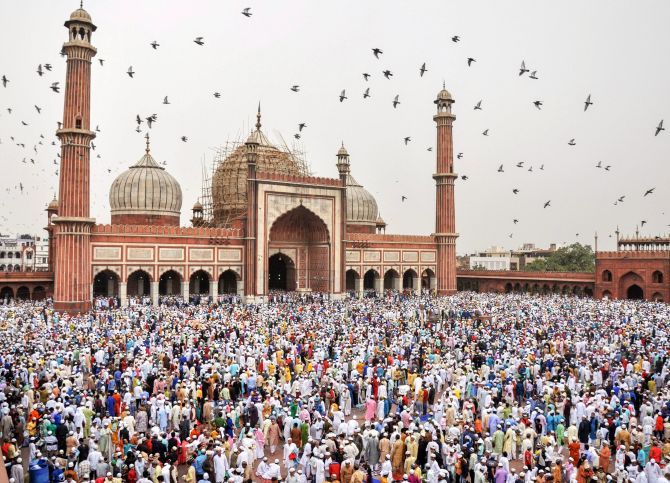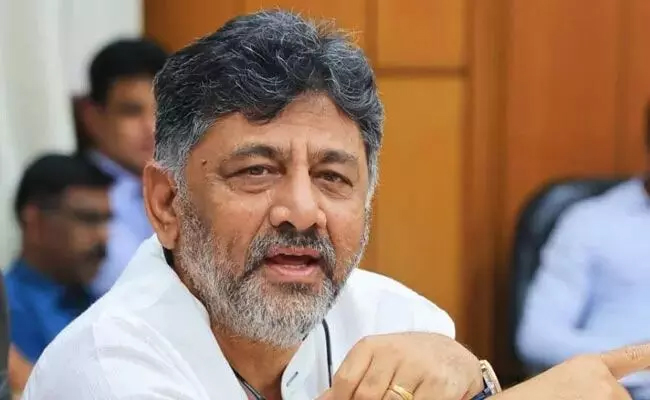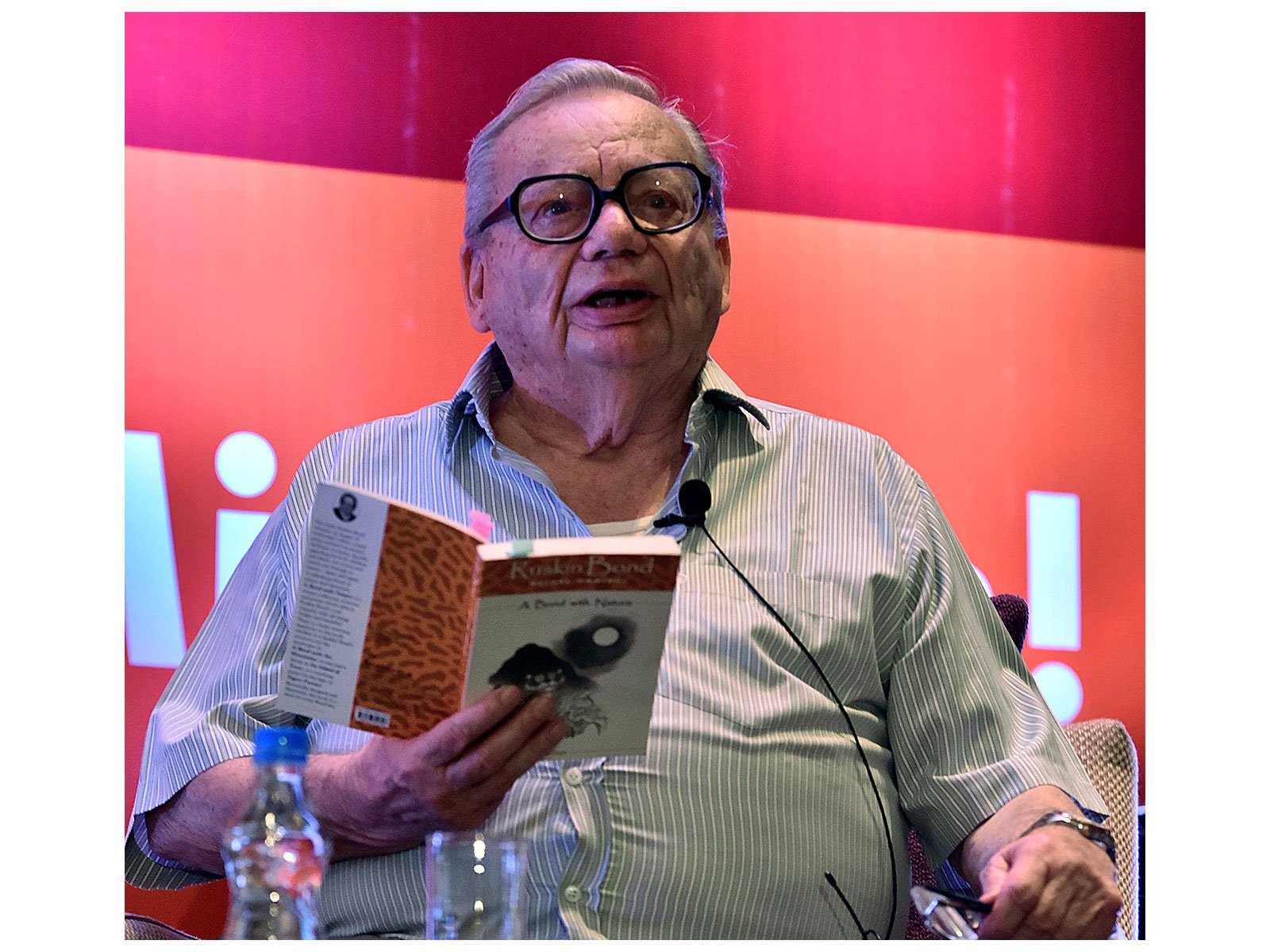Eid al-Fitr, also known as the Festival of Breaking the Fast, marks the end of the month of Ramadan. Islam recognizes two major festivals: Eid al-Fitr, celebrated at the end of Ramadan, and Eid al-Adha, observed approximately two months and ten days later, symbolizing sacrifice and devotion.
Significance of Eid al-Fitr
The Prophet Muhammad (PBUH) stated, "The fasting person experiences two moments of joy: one when he breaks his fast and another when he meets his Lord in the Hereafter." (Bukhari, Muslim). This profound statement emphasizes both the immediate joy of breaking the fast on Eid and the ultimate spiritual fulfillment in the afterlife.
During Ramadan, Muslims engage in acts of worship, charity, and self-discipline. They strive to distance themselves from wrongdoing and perform righteous deeds. Many fulfill their obligation of Zakat, the mandatory charity, during this period. Experiencing hunger and restraint fosters empathy for those in need and deepens one’s faith and self-discipline. As Ramadan concludes, a sense of spiritual fulfillment and gratitude naturally emerges. Eid al-Fitr serves as an expression of this gratitude and renewal.
The Prophet Muhammad (PBUH) also said, "A true believer is pleased with his good deeds and discontented with his misdeeds." In this context, Eid al-Fitr is a meaningful celebration of one's spiritual growth and moral achievements.
The Connection Between Ramadan and the Quran
Ramadan is the month in which the Quran was revealed. Muslims strive to complete its recitation during this sacred time. In mosques, special Tarawih prayers feature the melodious recitation of the entire Quran by Hafiz (those who have memorized the Quran).
The Quran describes itself as a divine guide for humanity. It states, "This noble Quran has reached you as a great favor and blessing from Allah. Let the people rejoice in it, for it is better than all that they accumulate." (Quran 10:58). The Quran remains unaltered and protected, reinforcing its role as a source of divine guidance. Strengthening one’s connection with the Quran is thus an integral part of Eid al-Fitr’s spiritual significance.
Zakat al-Fitr: The Obligatory Charity on Eid
A fundamental practice on Eid al-Fitr is Zakat al-Fitr, a mandatory act of charity. Every Muslim who possesses sufficient means must give this charity on behalf of each family member, including infants, before the Eid prayer. The amount typically consists of 2.5 to 3 kilograms of grains or its equivalent in monetary value. This varies by region and the type of food donated. For example, 2.5-3 kilograms of rice may cost around 200 rupees, while the same weight of dates could be worth 1,000 rupees. While there is no upper limit, one must ensure the minimum requirement is met.
Today, many organizations collect Zakat al-Fitr in advance and distribute it to those in need, ensuring that no underprivileged family is left out of Eid celebrations. In India, billions of rupees are collected and distributed to the most impoverished communities. Wealthier nations often allocate their Zakat al-Fitr funds to struggling regions like South Asia and Africa, enabling deprived families to share in the joy of Eid. This practice not only supports the needy but also purifies the giver’s fast, as the Prophet (PBUH) mentioned that Zakat al-Fitr cleanses any minor transgressions committed during Ramadan.
Festivals in a Diverse Society
India, a land of immense cultural diversity, celebrates festivals as an opportunity to foster peace, harmony, and cultural exchange. These celebrations not only strengthen social bonds but also provide children with an opportunity to learn about different traditions and customs. However, in recent times, the rise of divisive politics and religious-based agendas has cast a shadow over these occasions. It is unfortunate that festivals, which should bring people together, are sometimes misused for personal or political gains.
Historically, India has never witnessed instances where one community was asked to stay indoors or shut down their places of worship during another community’s celebrations. The country, home to followers of various faiths, has always upheld mutual respect and coexistence. However, recent years have seen increasing attempts to politicize festivals and sow communal discord, which is a concerning trend.
In this context, it becomes imperative to preserve interfaith relations and uphold the true spirit of celebration by ensuring that festivals remain a source of joy and unity rather than division.
Islamic Festivals: A Celebration of Compassion
Both major Islamic festivals—Eid al-Fitr and Eid al-Adha—are deeply rooted in values of generosity, kindness, and inclusivity. These celebrations emphasize feeding the hungry, supporting the less fortunate, and ensuring that no one is left out of the festivities. Islamic traditions surrounding festivals make it evident that they are meant to bring happiness to all members of society, without causing inconvenience or harm to anyone.
By understanding the true spirit of these celebrations, not only Muslims but people of all faiths can transform festivals into occasions that promote friendship, economic activity, and cultural enrichment. Festivals should be opportunities to uplift the underprivileged, spread smiles among children, and encourage a vibrant cultural exchange that enhances collective wisdom and social prosperity.
In today’s world, it is more important than ever to ensure that festivals remain a unifying force rather than a divisive one. Embracing the true essence of these occasions can help create a society that values harmony, mutual respect, and the joy of shared traditions.
Sharafuddin B.S.
-Principal, Barakah International School and College, Mangalore.
Let the Truth be known. If you read VB and like VB, please be a VB Supporter and Help us deliver the Truth to one and all.
New Delhi/Bengaluru (PTI): Karnataka Deputy Chief Minister D K Shivakumar on Monday said he will ask for time from Delhi police to appear before them next week, to provide required information as part of the probe into the National Herald case.
He said he will seek time after the ongoing winter session of Karnataka legislature ends on December 19. He will also ask the Delhi police to provide him the FIR copy.
Shivakumar, who is in the national capital, had earlier said that he will appear before the Delhi police on Monday. But, he postponed the plan in order to rush back to Karnataka to participate in the last rites of veteran Congress leader Shamanuru Shivashankarappa, scheduled later in the day in Davangere.
"I had to go (to appear before the Delhi police), but I have to go back urgently. I'm asking them for time, stating that I will come next week," Shivakumar told reporters in New Delhi.
"They (Delhi police) have not attached the FIR copy while issuing notice to me. I need FIR copy, because we had already given all the required replies to the ED. I don't know what the FIR says, I only read in papers. They have given notice, I will ask for a FIR copy. I will come next week after the Assembly session."
The Delhi Police had issued a notice to Shivakumar, who is also the Karnataka Congress chief, seeking financial and transactional details as part of its probe into the National Herald case.
The notice issued by the Economic Offences Wing (EOW) states that Shivakumar is "supposed to be having vital information" pertaining to the National Herald case registered on October 3 this year, against top Congress leaders Sonia Gandhi and Rahul Gandhi.
In the notice dated November 29, the EOW had asked Shivakumar to appear before it or provide the requested information by December 19 latest.
Investigators have sought details about his personal background, his association with the Congress party, and a complete break up of funds allegedly transferred by him or associated entities to Young Indian.
To a question on meeting AICC General Secretaries K C Venugopal and Randeep Singh Surjewala, amid the ongoing power tussle between him and CM Siddaramaiah over the Chief Minister post, Shivakumar said when he comes to Delhi, he usually meets every one.
"Whether it is Surjewala or Kharge (AICC President Mallikarjun Kharge) or Venugopal, I will meet everyone. During lunch yesterday I met Rahul Gandhi and Sonia Gandhi. I have met everyone. What's wrong?" he asked.
Shivakumar was in Delhi to take part in Congress' "Vote Chori" rally on Sunday, and had also participated in the lunch organised by the party for its leaders.
Responding to a question, whether any meeting is planned with leaders today, the Deputy CM said, he and Kharge will be travelling together to Karnataka, to pay last respects to Shamanuru Shivashankarappa.
Asked if he will seek time for a separate meeting with Congress leadership including Rahul Gandhi, during the next visit to Delhi, Sivakumar said, "such things will be there between us in the party.... you don't worry."





